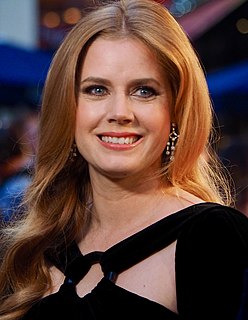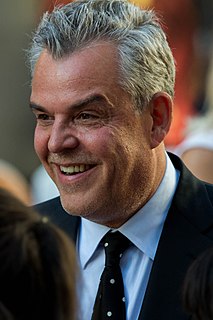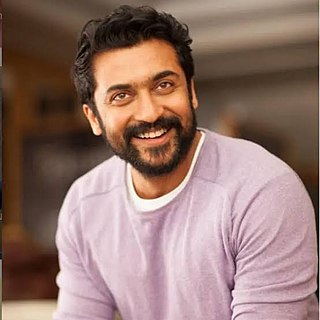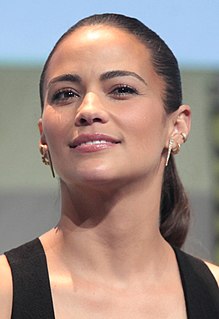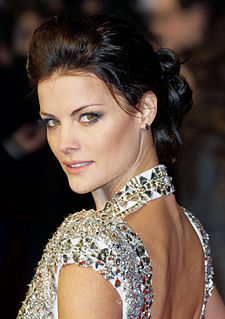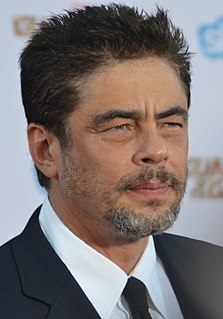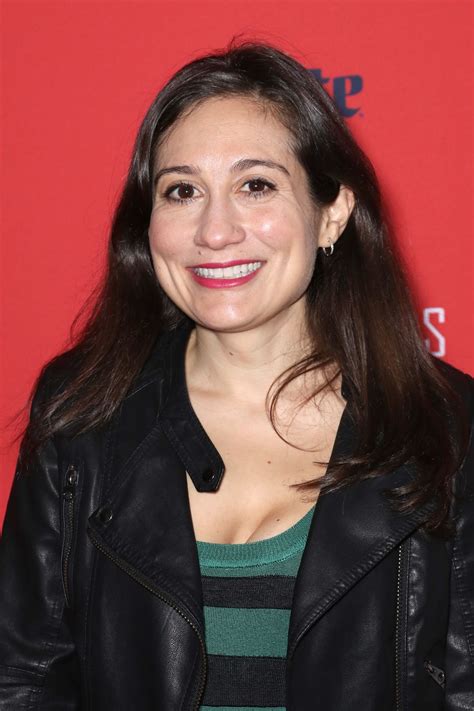A Quote by Amy Adams
Working with green screen, you really rely on the director in a way that you don't on different types of films.
Related Quotes
I think I'd rather do [acting] in the real place. It requires different things, working with green screen, but its an imaginative exercise anyway, the whole business of acting, so it just gives you a bit more to feed the imagination. Unless it's really silly, just two of you stuck in a space with nothing but green screen that's got to be pretty difficult.
I'm considered to some degree a successful director working in Hollywood, making films my way but using studio financing. But with almost every single one, I get praised up the wazoo by people who never would have financed the films. It's: "Gee, this movie is so new and different - what do you want to do next?" "This." "Oh, that's too new and different."
Making African American films are hard in Hollywood. We need to rely on a support network and bring more cohesion to different filmmakers, actors, producers etc. It's a very difficult business. There aren't a lot of Africans Americans or people of color in high positions in Hollywood that we can green-light films.
Green screen, you know, it's been interesting, it's my first time to ever work with green screen technology, and it's, sometimes it can be really boring because you're like wow, I've got to really imagine all of this stuff around me. But it's low maintenance, which is nice, um, and it's not as hard as I thought it would be, so.
New York is just an energy. There's a beauty to the way it's laid out: the architecture, the way the planning is. It's huge, but you really do get to experience more than your own existence here. It's kinda hard to isolate yourself from different types of people, different types of ideas or communities.
I'm really interested in mythology and folklore. I'm interested in moralities, why we're here, faith... all of these bigger questions that I think we can place in films that allow us to question and give us a safe place to feel. Those types of questions can pop up in all sorts of different types of films - drama, comedy, action movie.
Different directors have different techniques in the use of films. Cronenberg is very different in the way he works with film, and how he takes the audience into his films is different than how Peter Jackson would do that or Jon Stewart. So, if you go between those artists, you shift gears and you kind of fall into the working method of that film.
People talk about the difference between working on stage and working on film. I think you could say that there are as many differences between working on low budget films and working on big budget films. You really are doing the same thing, but at the same time you're doing something vastly different as well.
